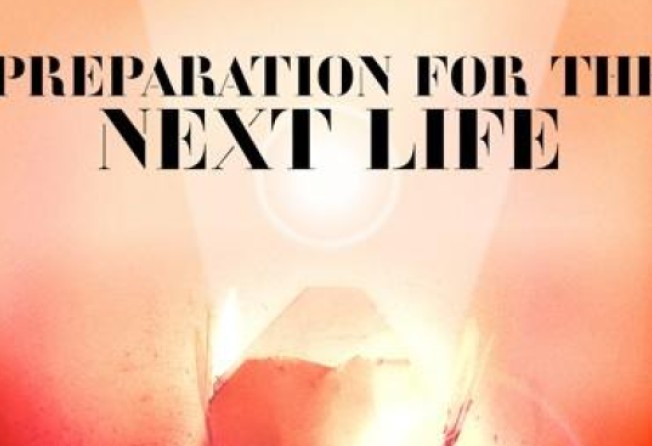
by Atticus Lish
Tyrant Books




It is clear from the start that Preparation for the Next Life, the impressive debut novel by Atticus Lish, can't have a happy ending. Illegal immigrant Zou Lei and Iraq war veteran Brad Skinner, both seeking refuge amid the wreckage of post-9/11 New York, come crashing together with the force of classical tragedy. Charged with breathless momentum, the book propels them towards a destiny as devastating as it is hopeful.
A half-Uygur, half-Han Chinese woman smuggled into the US in a truck, Zou is determined to survive whatever America throws at her. After three months in detention, she is released without explanation and finds her way to New York City. "She was going to stay where everybody was illegal … get lost in the crowd and keep her head down. Forget living like an American. It was enough to be free and on the street."
Skinner, a former infantryman, seems similarly driven by a nomadic spirit. Discharged after serving three tours in Iraq, he hitchhikes to New York, where he and Zou become unlikely lovers, connecting over a shared obsession with fitness. A deeper bond is forged through Zou's desire to imagine a life spent "on the road together, travelling from city to city, selling what they bought and traded … wearing sheath knives and cowboy hats and riding horses in a sun-filled land outside the reach of the authorities". This romanticised vision of outlaw life, fusing Silk Road and Wild West mythologies, will remain unattainable.
In juxtaposing the experiences of Zou and Skinner, the novel highlights the ways Zou and others like her are forced to migrate in search of employment, or freedom, ever subject to laws that place limits on their movement and restrict their opportunities. Raids by Homeland Security agents routinely thin their ranks.
An army veteran's life seems scarcely more secure. Skinner suffers from post-traumatic stress disorder and is haunted by atrocities he witnessed and committed, some of which he reviews compulsively in videos on his laptop. Still healing from a mortar wound, his mind addled by psycho-pharmaceuticals and beer, he makes no attempt to find work, or to understand Zou's predicament, instead passing his days lifting weights and getting high.
When Skinner's 9mm pistol appears in the first act, it seems fated to go off in the third, but this is not a book driven by plot. Much of its beauty and insight into the ordinary dramas of life occurs in scenes that serve no larger narrative purpose.
Determined to describe the United States from the bottom, Lish seems influenced as much by Charles Dickens as by American modernists such as Ralph Ellison and John Dos Passos. He has a faultless ear for the speech of New York's working poor, and an eye for ordinary, repetitive situations.
As the son of Gordon Lish, one of America's most influential editors, the author has produced a first novel that is substantial and beguiling.
The Guardian